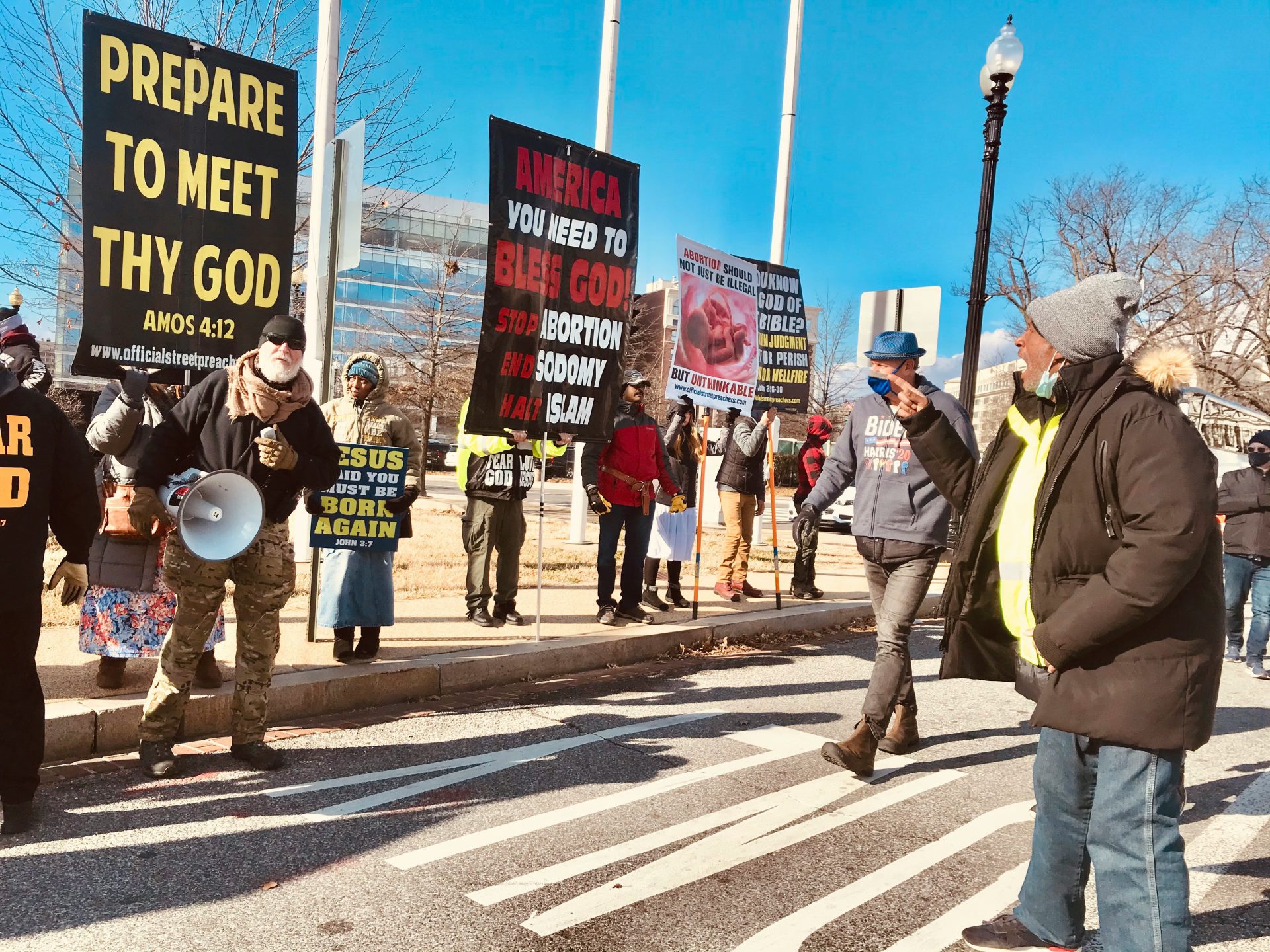Is Your Name Written In Heaven?
Persecution Will Come
Every Christian is called to live lives that reflect the character of Jesus Christ. This calling comes with challenges. Paul’s words to Timothy remind us that godliness often invites opposition. Persecution is not an anomaly but a certainty for those who follow Christ wholeheartedly.
You may ask ‘why living a godly Christian life attracts persecution?’. The values and principles of the Kingdom of God often contrast the world’s ways. When we choose to walk in love, integrity, and truth, it can unsettle those around us who our lives may convict. Jesus Himself warned that if the world hated Him, it would also hate His followers.
Today, how should we respond to persecution? First, we should not be surprised or discouraged by persecution. Instead, see it as confirmation that we are walking the right path. God’s word encourages us to consider trials as opportunities for growth, developing perseverance and maturity in our faith. At all times we must rely on God’s strength. Prayer, scripture, and fellowship with believers is crucial for staying strong. Remember “Blessed are those who are persecuted because of righteousness, for theirs is the kingdom of heaven”. Hold on to your faith. When opposition comes, let it drive you closer to Christ, knowing that you are part of a larger story of redemption and hope.
…everyone who wants to live a godly life in Christ Jesus will be persecuted. (2 Timothy 3:12)
Let’s Pray
Yahweh, I come before you today, claiming the promise in your word that says, “…all who desire to live godly in Christ Jesus will suffer persecution.” Father, I desire to live a godly life in you and I know that persecution may come my way. But I trust in your strength and your grace to help me endure and overcome any trials that may come. Lord, I pray that you would give me the courage and boldness to stand firm in my faith, even in the face of opposition. Help me to keep my eyes fixed on you and to trust in your promises. Thank you for your faithfulness and for the reassurance that you are with me always. In Christ’ name, Amen.
Just To Be Close To You
God’s Word; Fire & Hammer
Are You Hurting?
The Law
Be Ready
It Won’t Be Long
Opinions
No Matter The Season, God Will Bring You Through
Seed
A New Season
A New Season
Comfort Me So I Can Comfort Others
In today’s verse, we are reminded of the beautiful cycle of comfort that flows from the heart of God. He is described as the “Father of mercies” and the “God of all comfort”. His compassionate nature is the wellspring from which comfort flows abundantly.
Scripture reminds us that God’s comfort is not merely for our personal experience but has a greater purpose to equip us to comfort others. We are comforted in our tribulations so that we may extend that same comfort to others who are struggling.
Think of when God’s comforting presence enveloped you in moments of despair or uncertainty. Those experiences were not just for your benefit; they were meant to equip you to be a source of comfort to others.
As recipients of God’s comfort, we are entrusted with a sacred mission. We are called to be conduits of His comfort, bringing peace, hope, and encouragement to those around us who are facing their trials.
Today, we discover that God’s comfort multiplies through us. As we extend His love and comfort to others, we become instruments of His grace, and His comfort continues to flow, touching lives, and bringing healing to wounded souls. We need to embrace our role as comforters, knowing that as we share the comfort we’ve received, we participate in God’s beautiful plan of extending His love and compassion to a hurting world.
Blessed be the God and Father of our Lord Jesus Christ, the Father of mercies and God of all comfort, who comforts us in all our tribulation, that we may be able to comfort those who are in any trouble, with the comfort with which we ourselves are comforted by God. (2 Corinthians 1:3-4).
Let’s Pray
Yahweh, in times of trouble and sorrow, I turn to you for comfort. Father, your love and presence bring peace to my heart. Wrap your loving arms around me and grant me the strength to endure. God, help me to trust in your divine plan and find solace in your unwavering care. Help me to also pass on your comfort to others, in Jesus’ name. Amen.


















